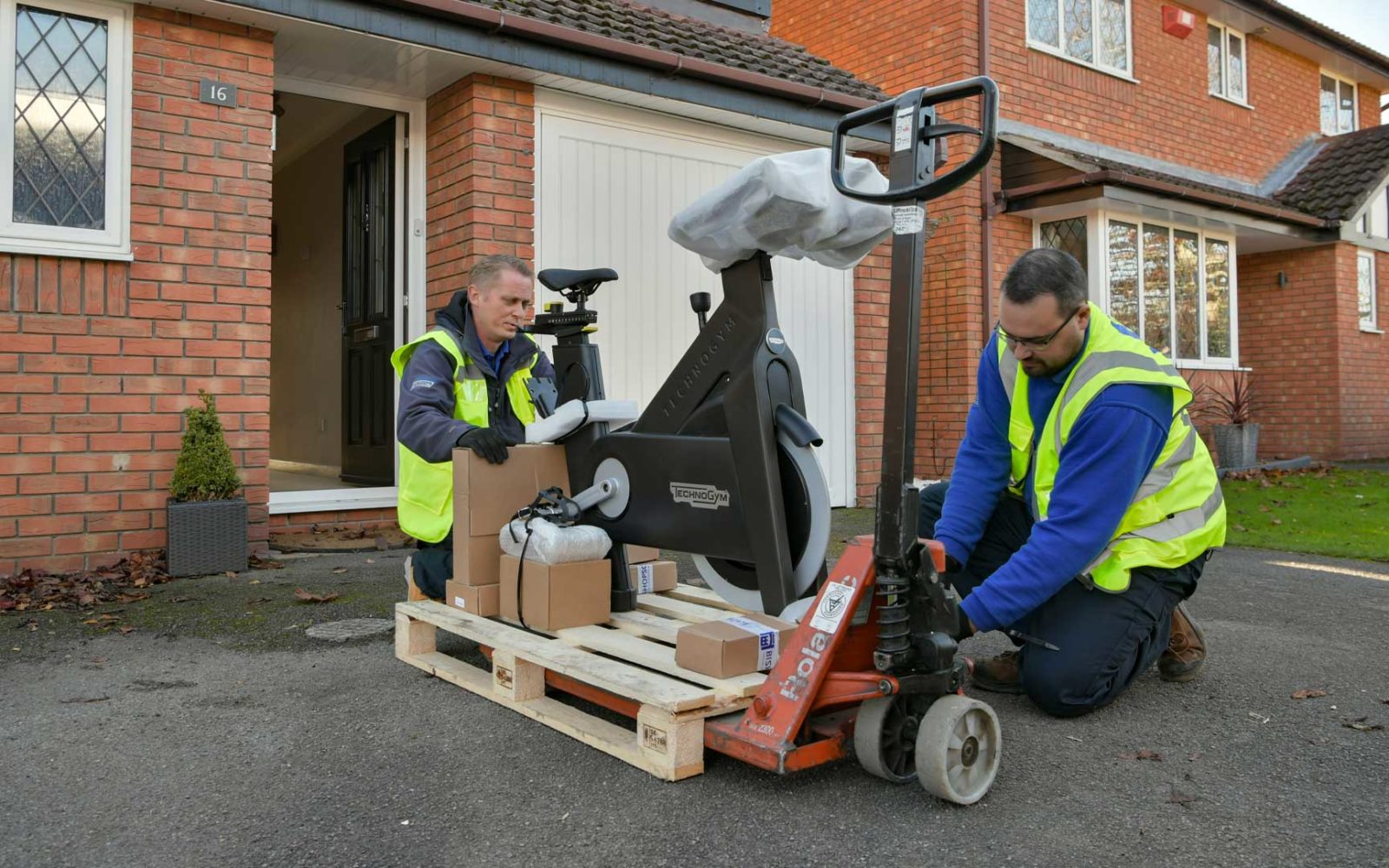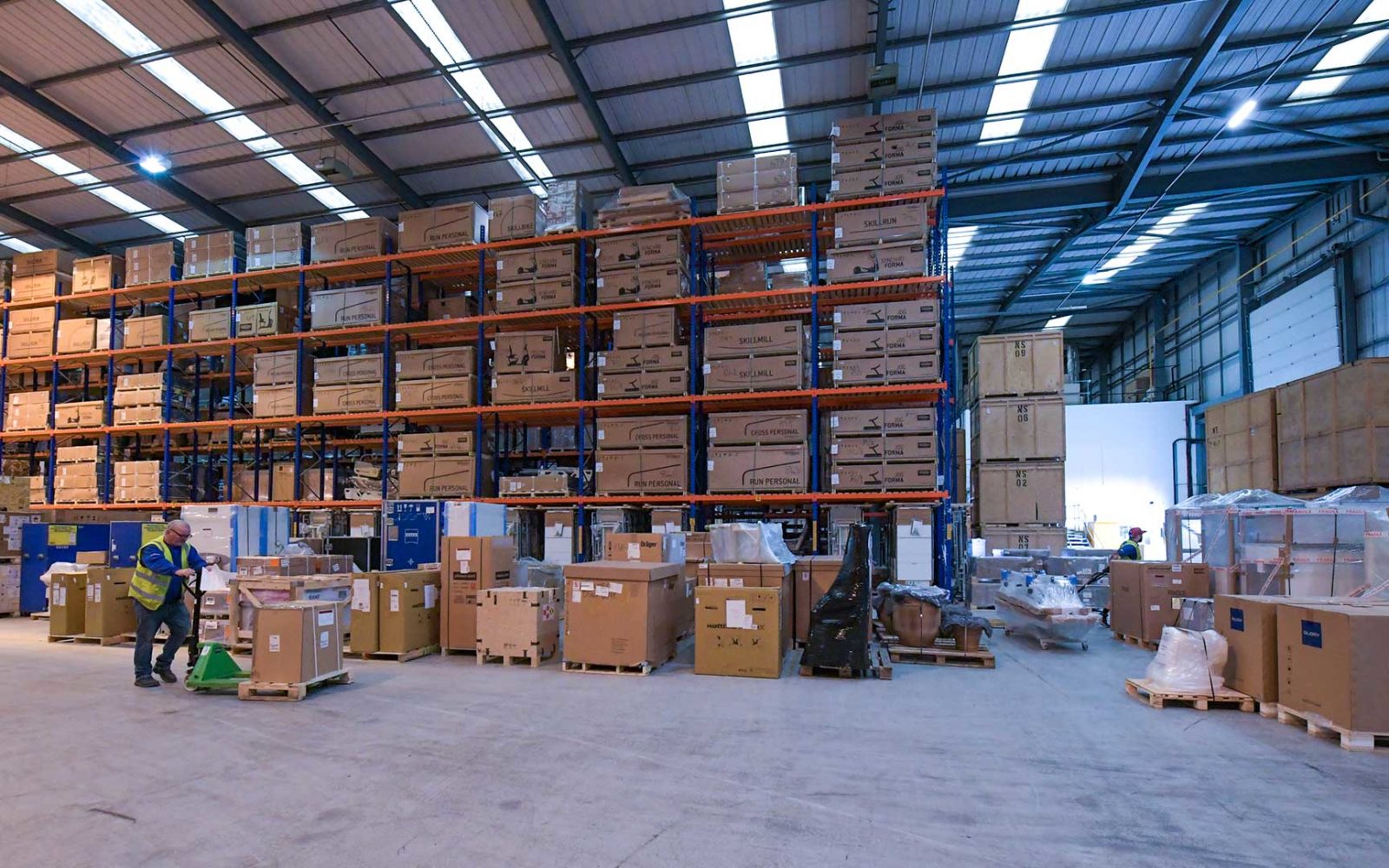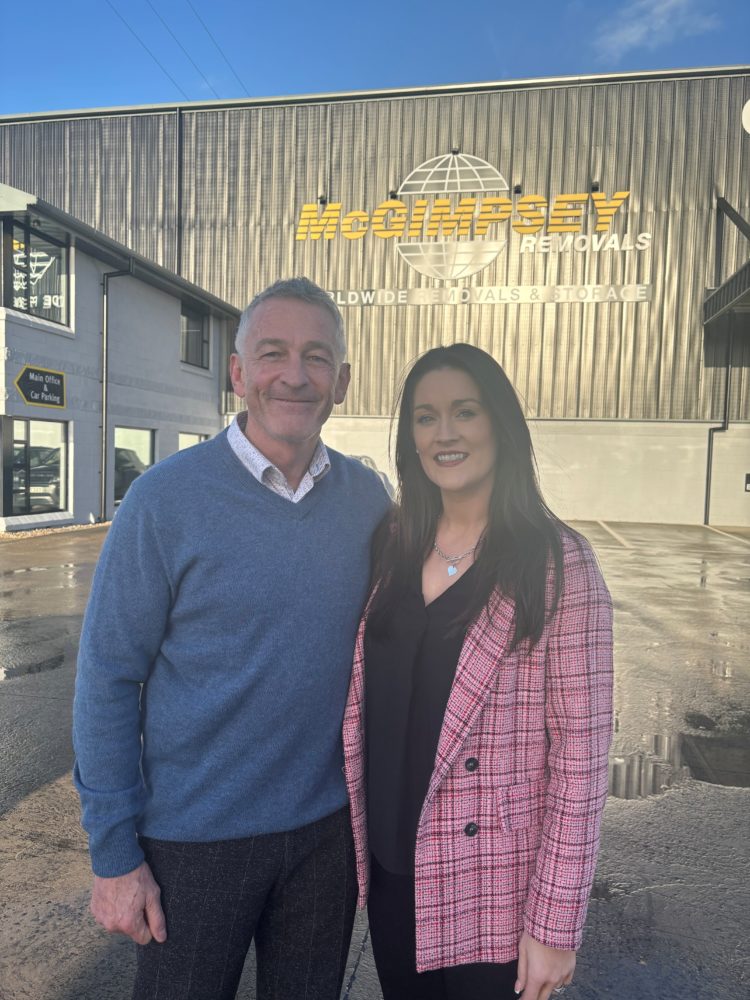
Bishopsgate Strengthens Partnership with McGimpsey Through Strategic Investment in Ireland
Read more

Bishopsgate Joins Forces with Global Player Elanders Group
Read more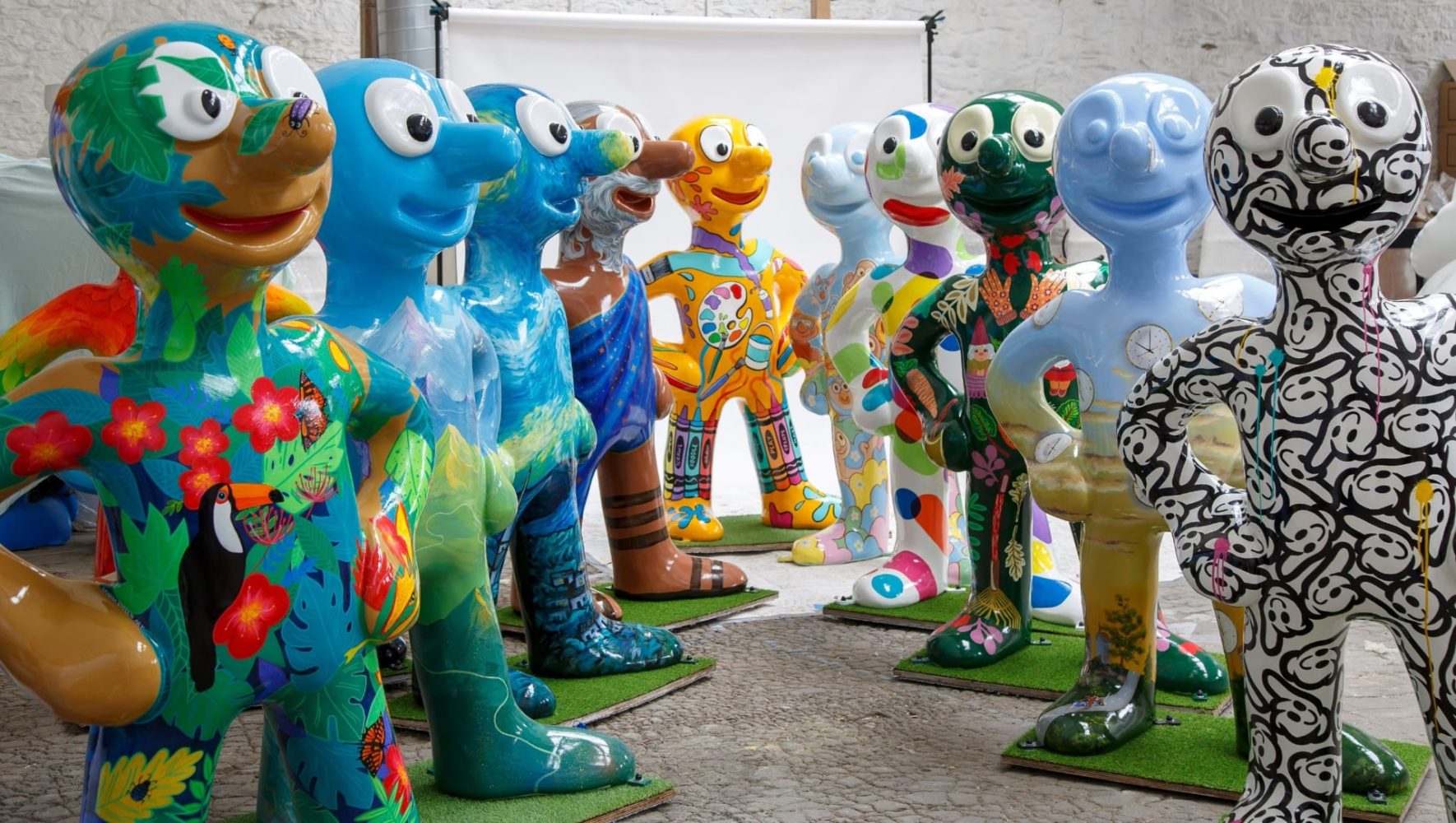
Morph’s Epic Art Adventure London
Read more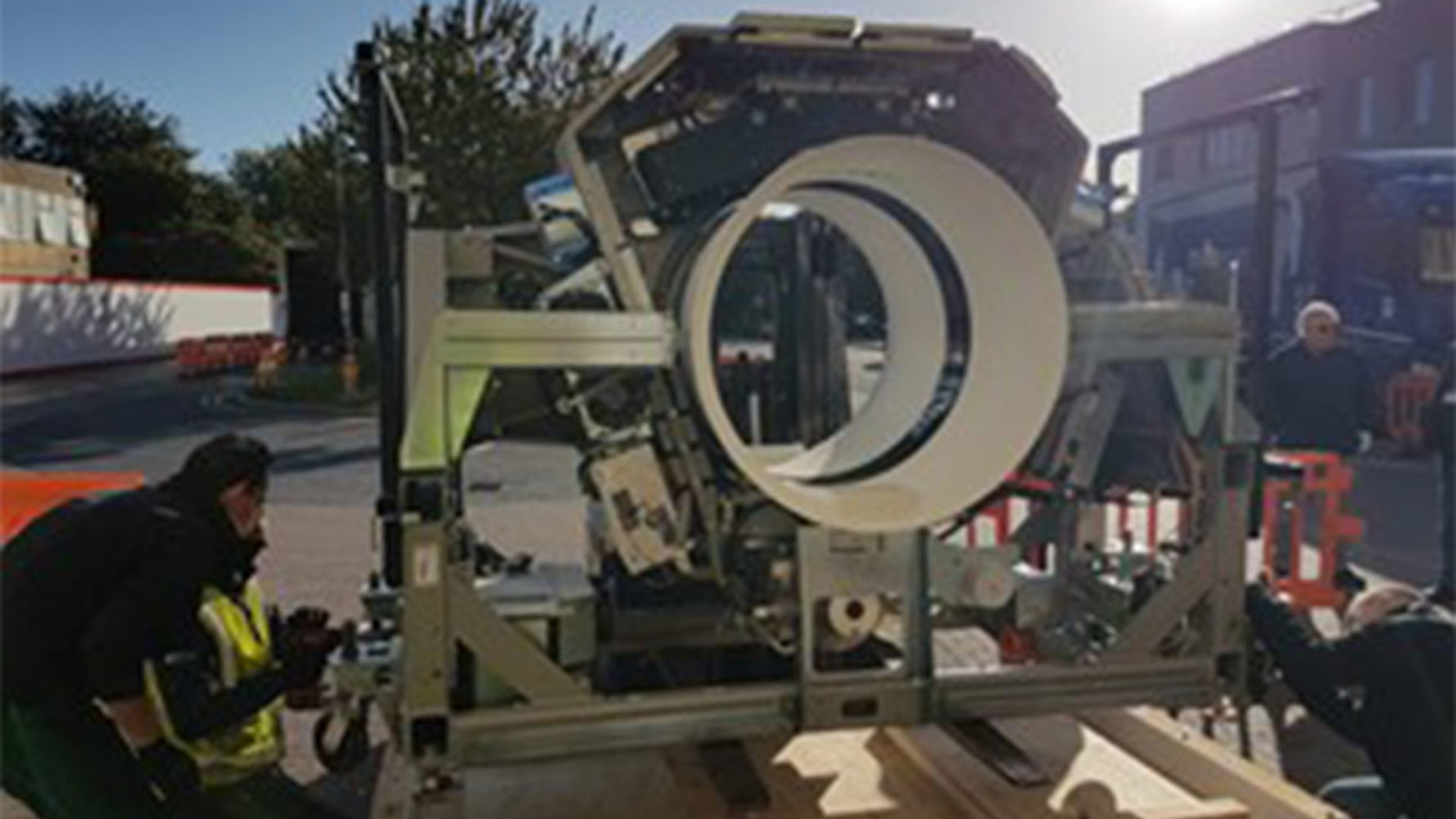
5 benefits of bespoke medical transportation
Read more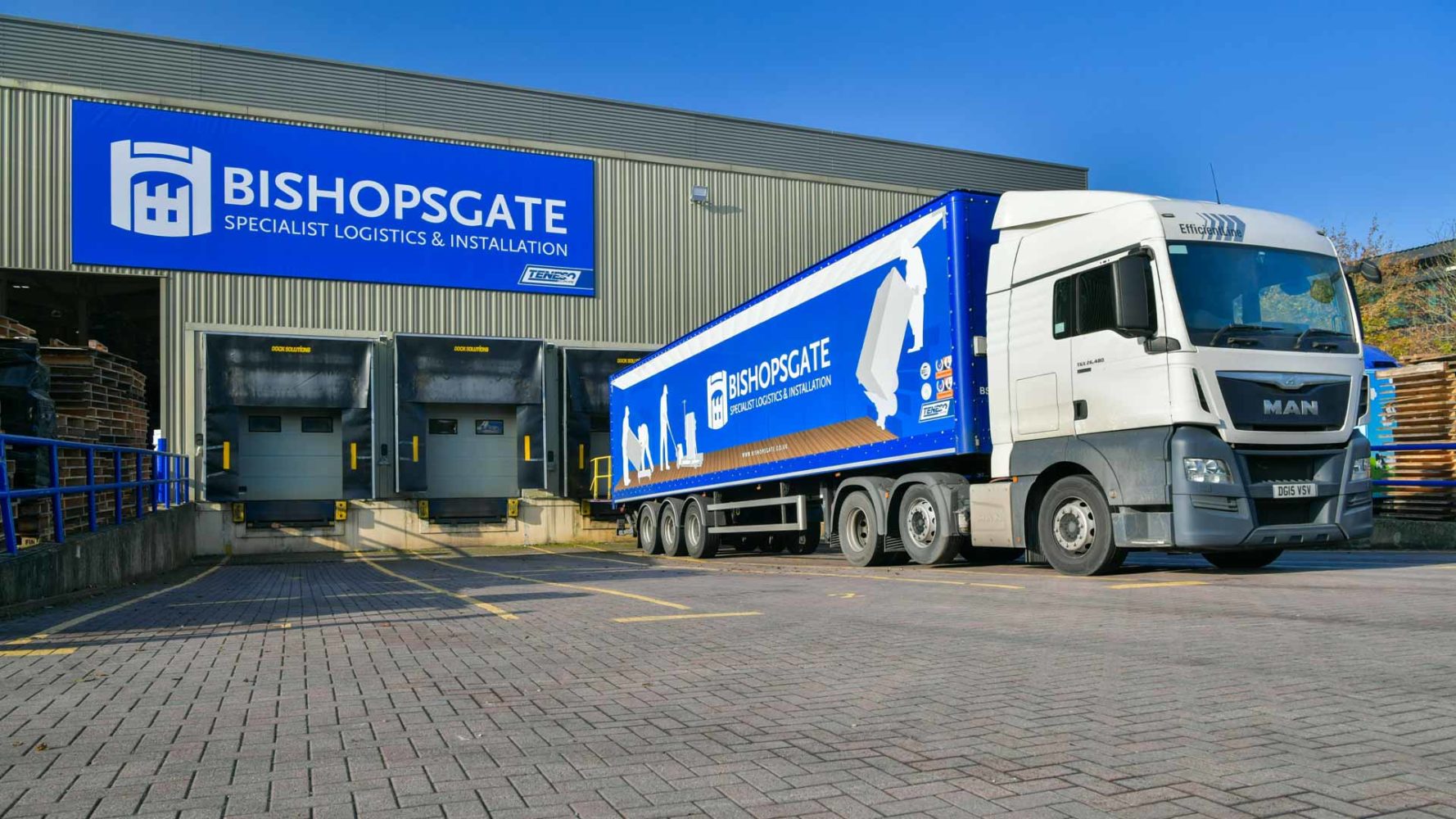
Executing a banking relocation – 3 questions to ask your logistics team
Read more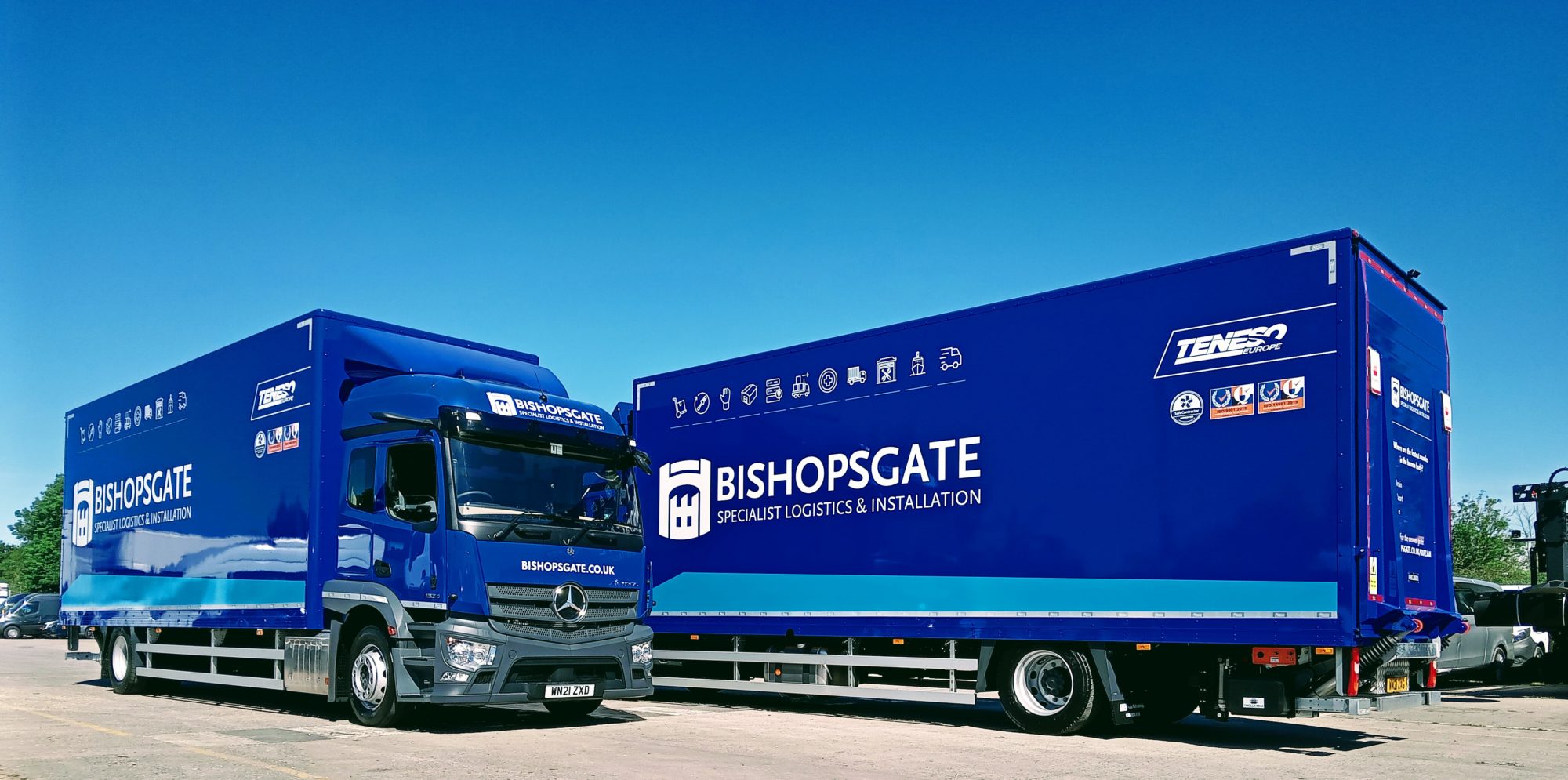
Best wishes for the festive season from your team at Bishopsgate Specialist Logistics and Installations
Read more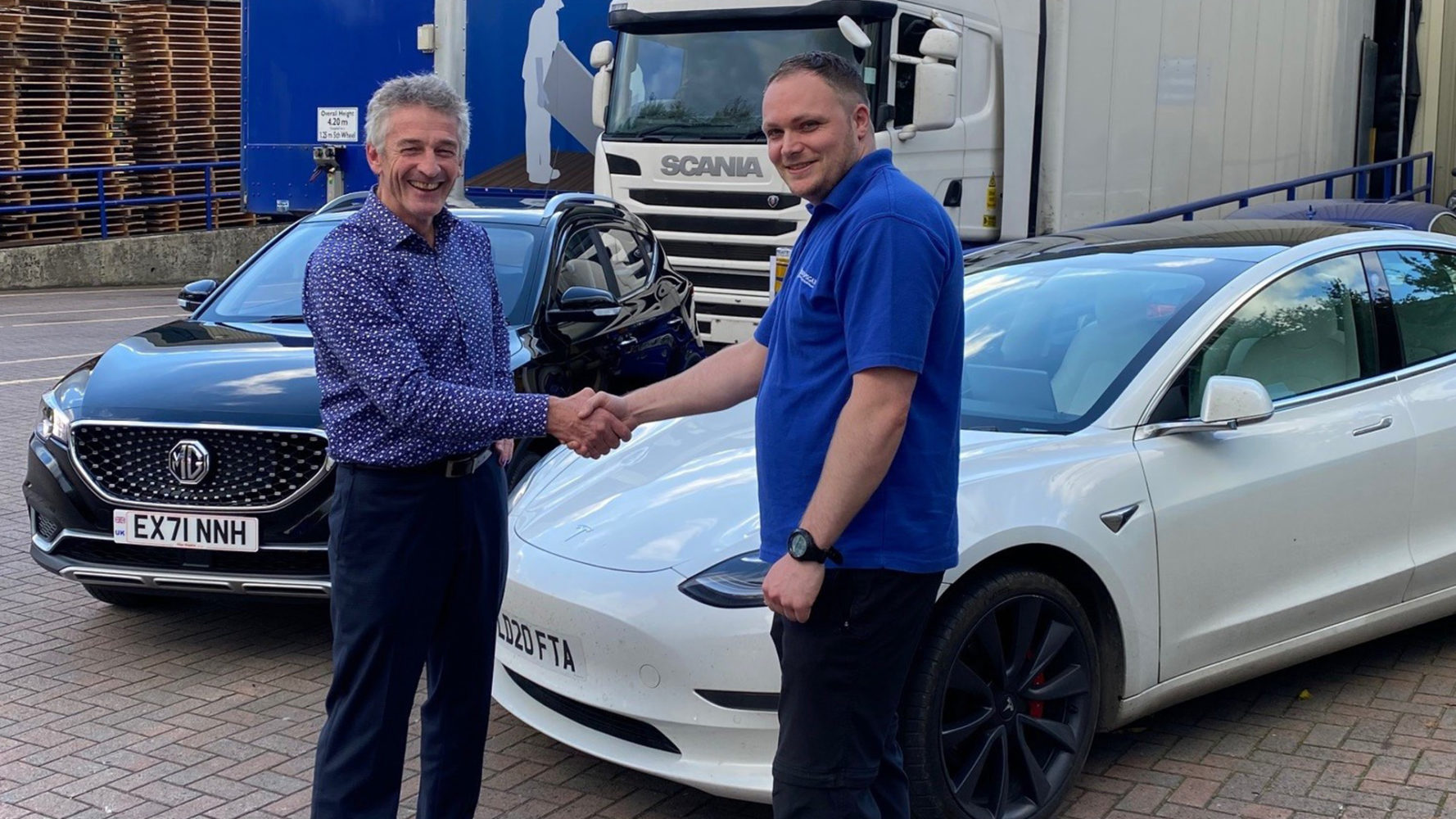
Boosting the Electric Revolution
Read more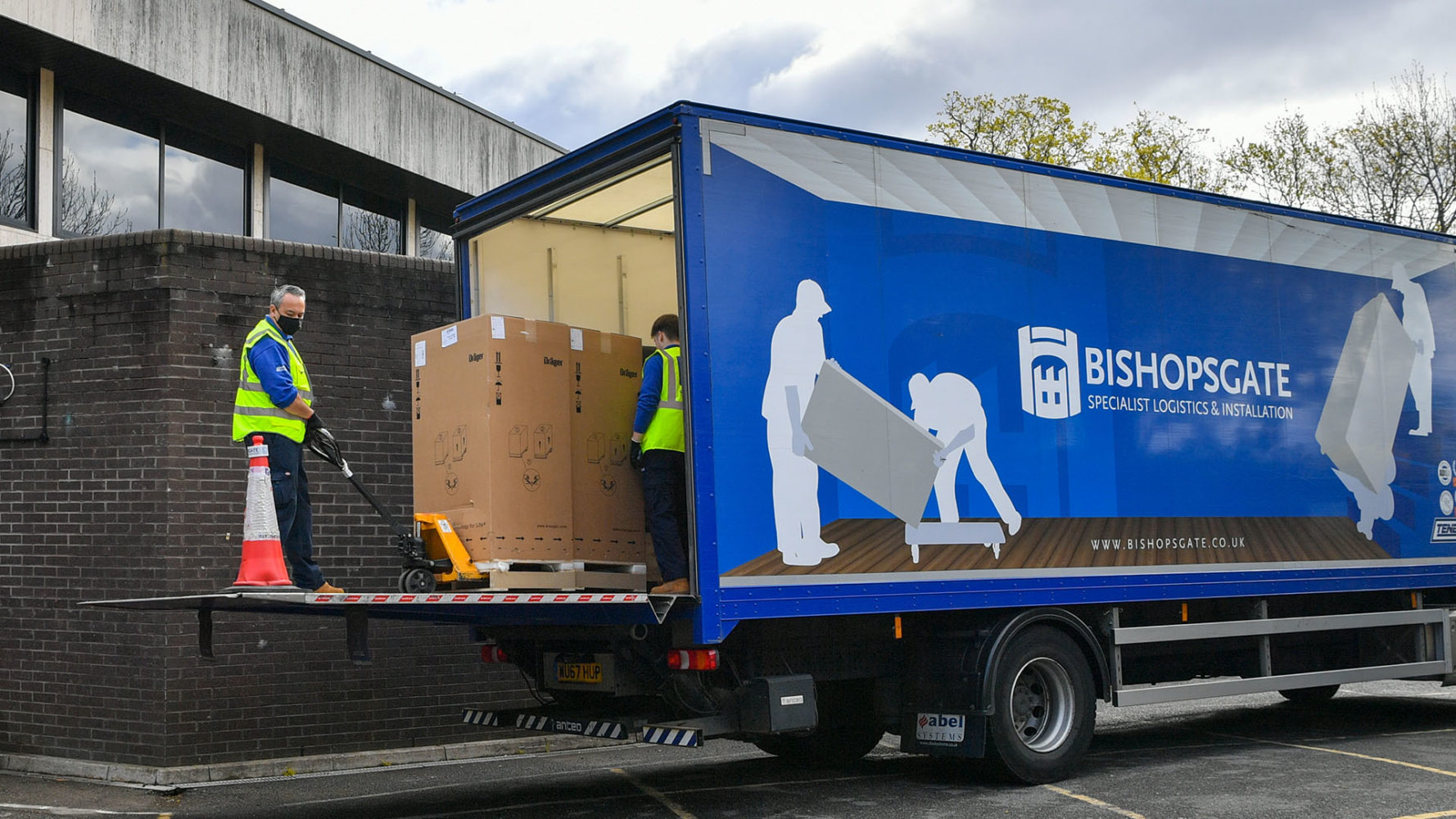
Tips for Successfully Moving Medical Equipment
Read more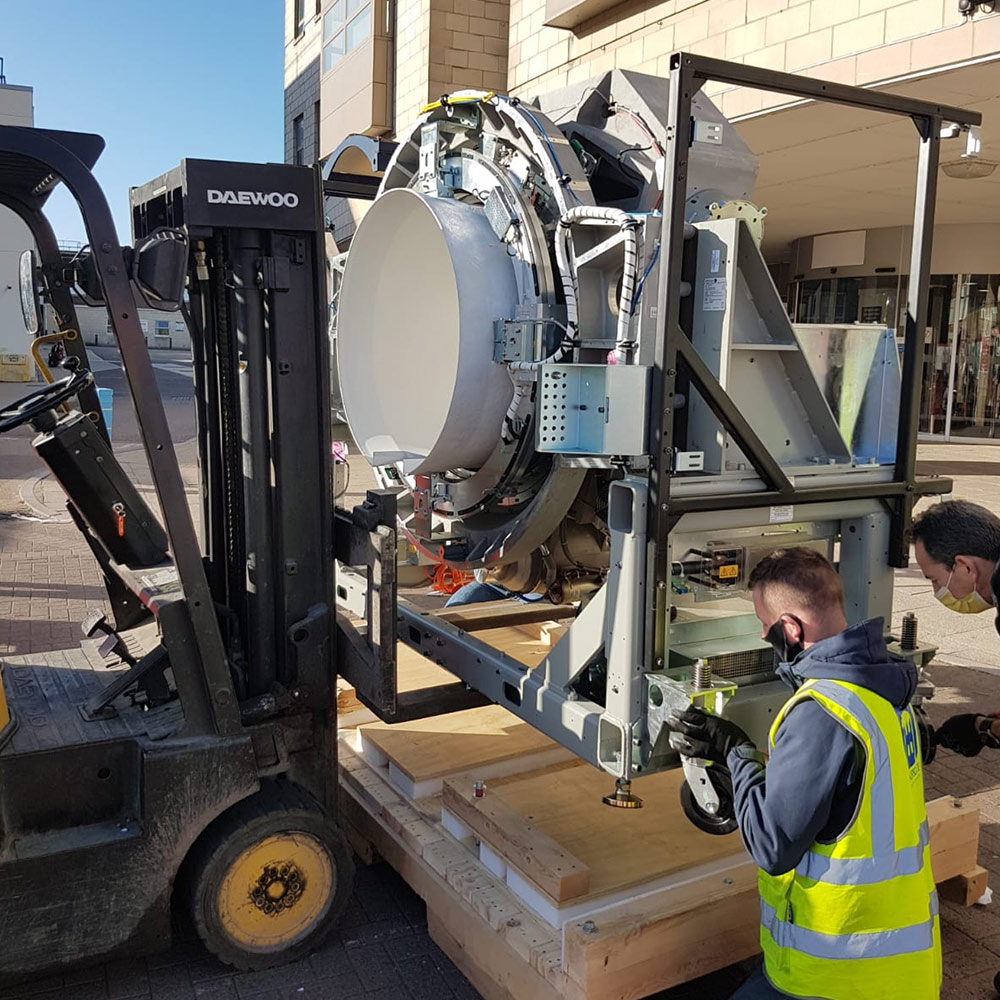
The Safest Way to Install Medical Equipment
Read more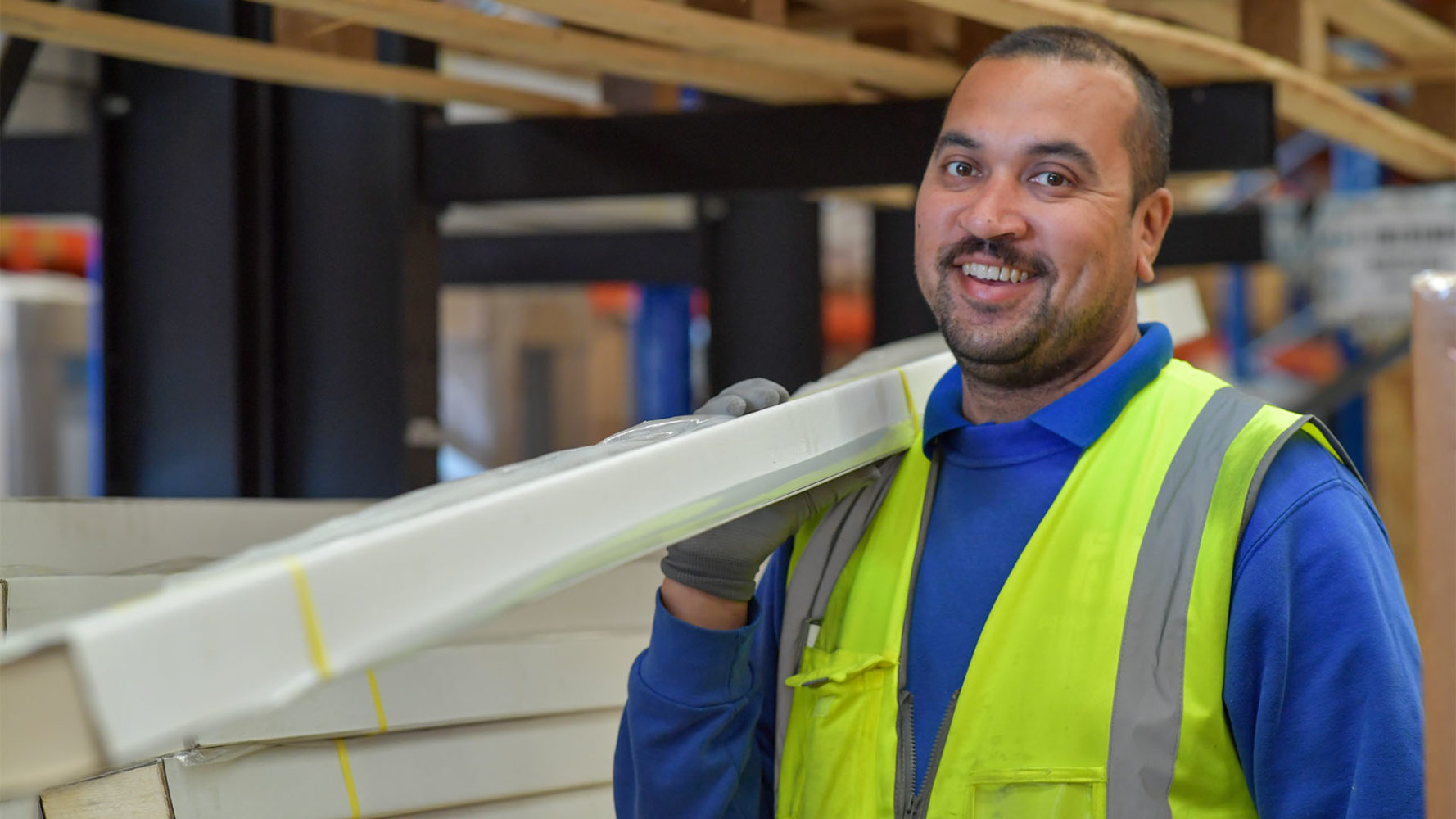
How to Deliver Added Value
Read more